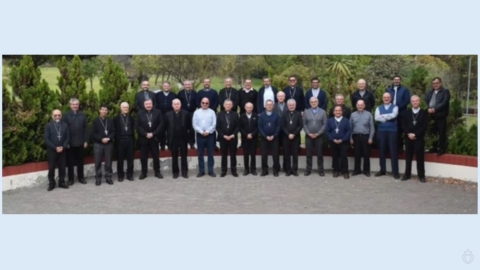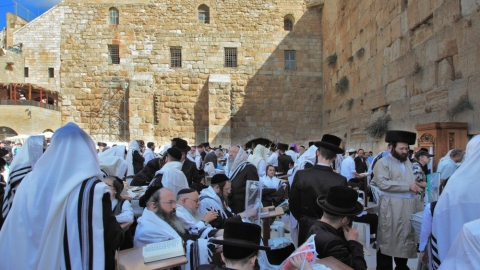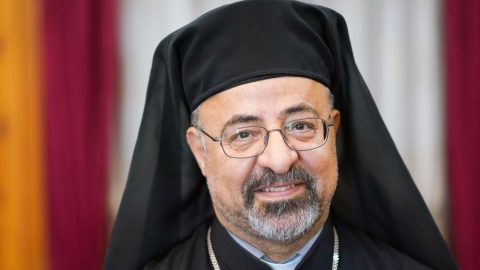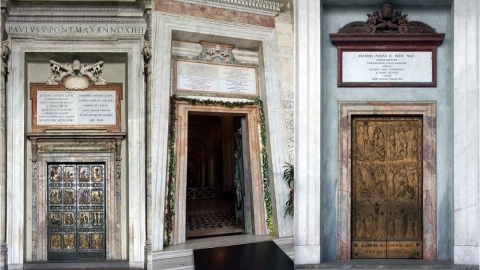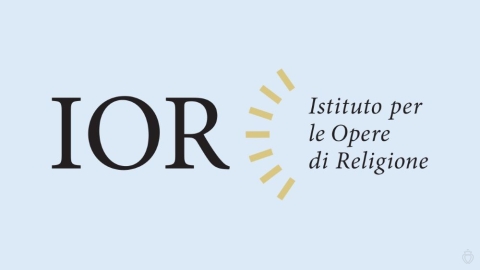Spain: A Bitter Appointment for the Conservatives
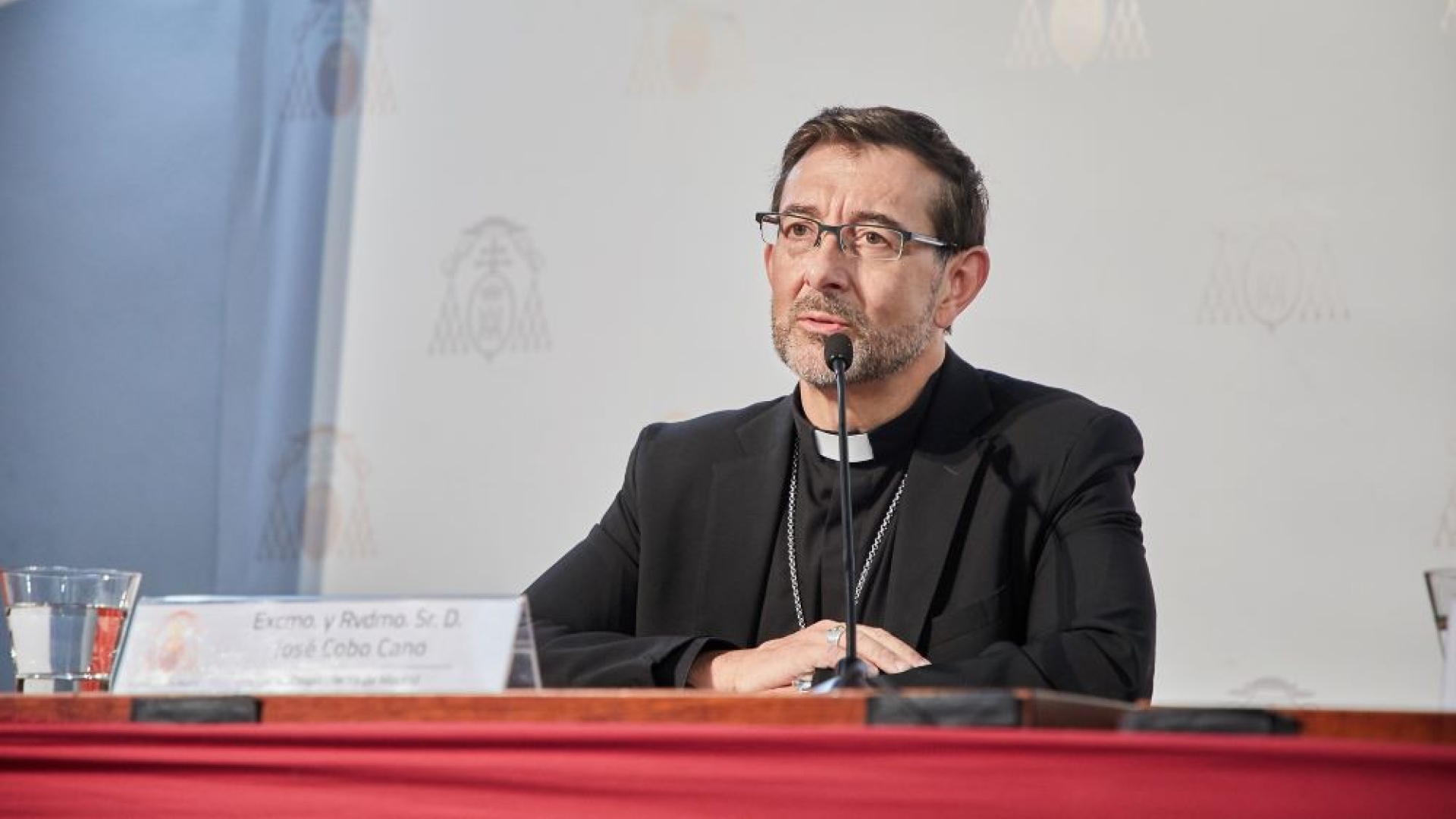
Archbishop José Cobo Cano
The least that can be said is that the current Pope likes to row against the tide: while a conservative wave has just touched Spain during the last regional elections, the Roman Pontiff initiated hostilities against the conservative Spanish episcopate.
Madrid is considered an important element in Vatican ecclesiastical geopolitics, so much so that the titular archbishop of this venerable see is considered a point of reference for the Spanish-speaking world.
It is a world marked – in Spain in particular – by a conservatism in the clergy and among the bishops, which Pope Francis has made a point of containing and reducing since the beginning of his Pontificate. Already in 2014, the Pope appointed one of his faithful lieutenants, Carlos Osoro Sierra, as Archbishop of Madrid.
Created cardinal two years later, the so-called “Spanish Francis” tried to marginalize the conservative fringe and to support the reformism and the synodal path desired by his master, not without encountering much resistance.
But having reached the age limit, the high prelate has been obliged to retire, and the question of finding a sufficiently “Bergolian” prelate who would not destroy the work of his predecessor became a pressing matter.
Based on “well-informed sources” mentioned by the media Religión Confidencial, the decision to appoint José Cobo as Archbishop of Madrid follows the personal preference of Pope Francis.
Because, in fact, the usual process of following the diocesan consultation seems to have been short-circuited once again. The nuncio in Spain had sent Rome a “terna,” a list of three names among which the Dicastery for Bishops is supposed to make a choice, traditionally ratified by the Sovereign Pontiff.
However, the name Cobo did not appear in this “terna”: there were Mario Iceta, Archbishop of Burgos; Francisco Cerritos, Archbishop of Toledo; and Jesus Sanz Montes, Archbishop of Oviedo.
Having learned of this “terna,” the Pope rejected it. The process was relaunched and other names appeared: Luis Argüello, Archbishop of Valladolid (who had the support of the Secretary of State, Cardinal Pietro Parolin); Fernando Valera, Bishop of Zamora; and José Cobo. It is the last name that the Pontiff chose, without going through the Dicastery for Bishops.
Born in Sabiote in Andalusia on September 20, 1965, the new Archbishop of Madrid is considered a progressive priest in the diocese and his appointment as Auxiliary Bishop of Madrid a few years ago made some waves.
Given his age, Bishop Cobo will probably be around for at least 20 years as the head of the Madrid Diocese, which is enough time to shape a Church in accordance with the wishes of the current Pontiff. But resistance within the clergy could be numerous, especially since the new prelate, even if he knows Madrid well, has no experience managing such a large diocese.
(Sources : Il Messagero/El Mundo/Religion Confidencial FSSPX.Actualités)
Illusatration : Flickr / Fotografias Archimadrid.es (CC BY 2.0)
